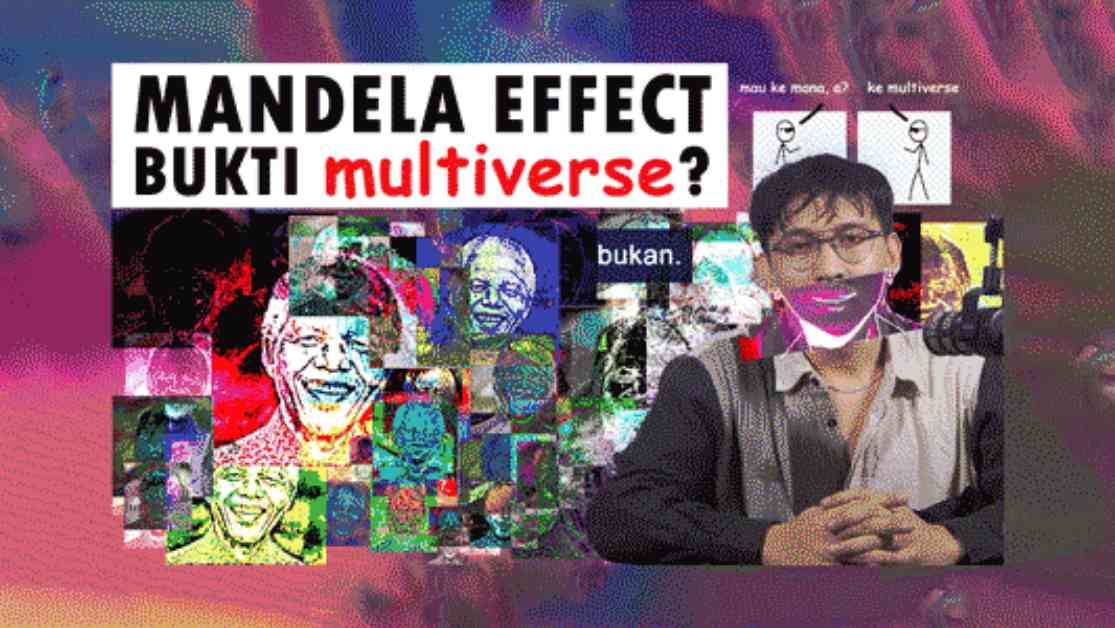Is Mandela Effect Evidence of Multiverse Theory? – Exploring the Phenomenon
In recent years, the Mandela Effect has captured the attention of many, sparking debates and discussions across the internet. This phenomenon refers to collective false memories that a large group of people share, such as misremembering a fact or event. The term was coined in 2009 by Fiona Broome, who noticed that many people believed Nelson Mandela had died in prison in the 1980s, despite his actual passing in 2013. This discrepancy in memory has led to the question: is the Mandela Effect evidence of the multiverse theory?
The Multiverse Theory
The multiverse theory posits that there are multiple parallel universes that exist simultaneously, each with its own set of realities and possibilities. According to this theory, the Mandela Effect could be explained by the idea that our memories are crossing over from one universe to another, causing discrepancies in what we remember. This concept has gained popularity in recent years, with many people speculating that the Mandela Effect is a result of these alternate realities colliding.
Expert Opinions
While the multiverse theory offers an intriguing explanation for the Mandela Effect, many experts remain skeptical. Dr. Sarah Johnson, a cognitive psychologist, believes that the phenomenon can be more accurately attributed to the fallibility of human memory. She explains that our memories are not always reliable and can be influenced by a variety of factors, such as suggestion, misinformation, or bias. Dr. Johnson suggests that the Mandela Effect is a natural consequence of how our brains process and store information.
Personal Experiences
Despite the scientific explanations, many individuals have shared personal experiences that seem to support the idea of alternate realities. One Reddit user, Emily87, recalls a vivid memory of watching a movie with a friend, only to discover years later that the movie never existed. She describes feeling disoriented and confused by this revelation, leading her to question the nature of reality and memory. Stories like Emily87’s have fueled the fascination with the Mandela Effect and its possible connection to the multiverse theory.
Popular Examples
Some of the most well-known examples of the Mandela Effect include the spelling of the Berenstain Bears, the existence of a Monopoly man with a monocle, and the famous line from “Star Wars” that many people misquote as “Luke, I am your father.” These discrepancies have led many to ponder whether these false memories are simply mistakes or evidence of something more profound.
Final Thoughts
While the Mandela Effect continues to intrigue and perplex us, the debate over its origins remains ongoing. Whether it is attributed to faulty memory or parallel universes, one thing is certain: the phenomenon has sparked a renewed interest in the nature of reality and the mysteries of the human mind. As we continue to explore the boundaries of what we know, the Mandela Effect serves as a reminder that sometimes the truth is stranger than fiction.






















